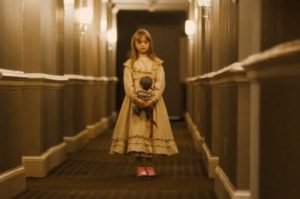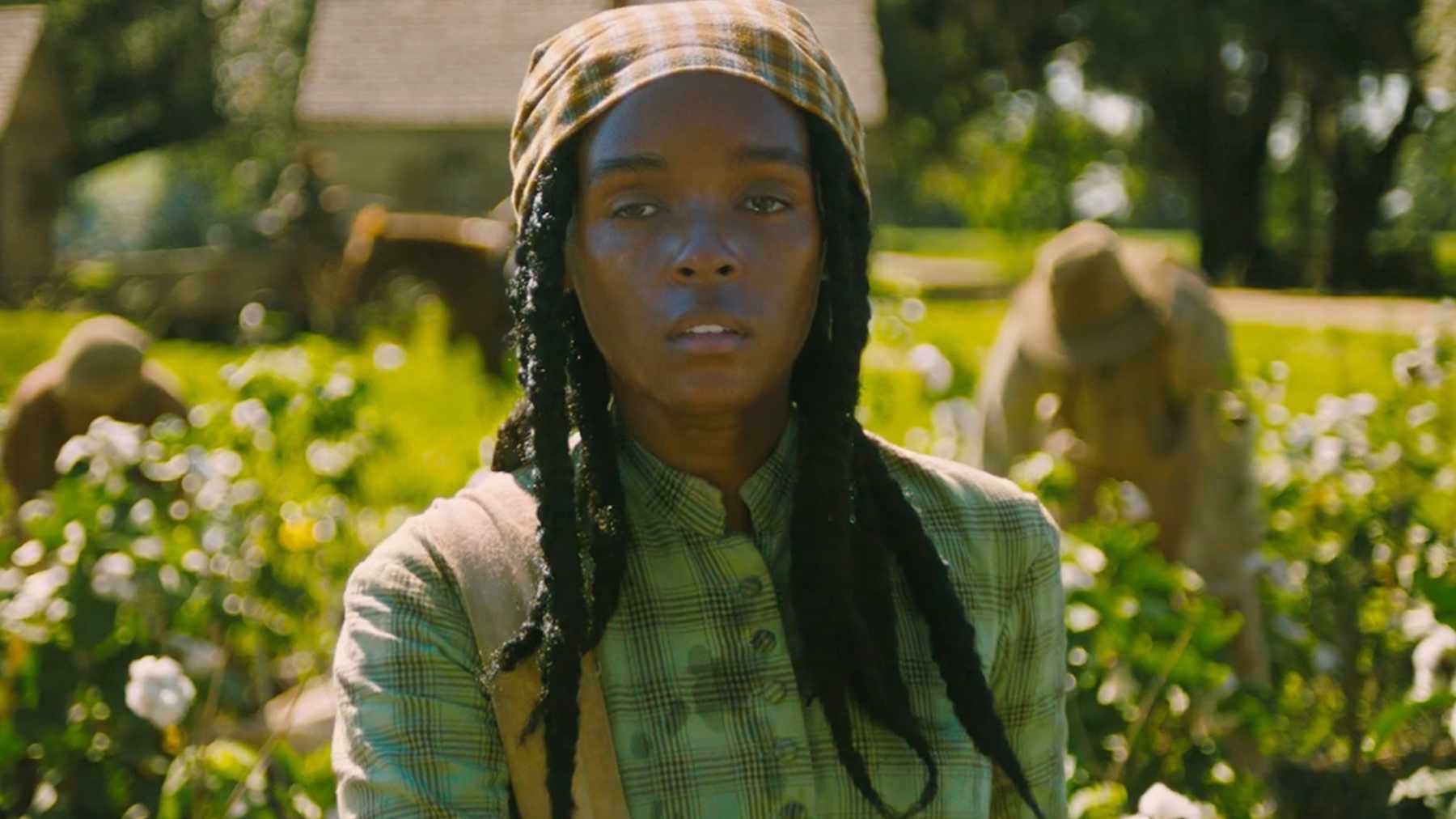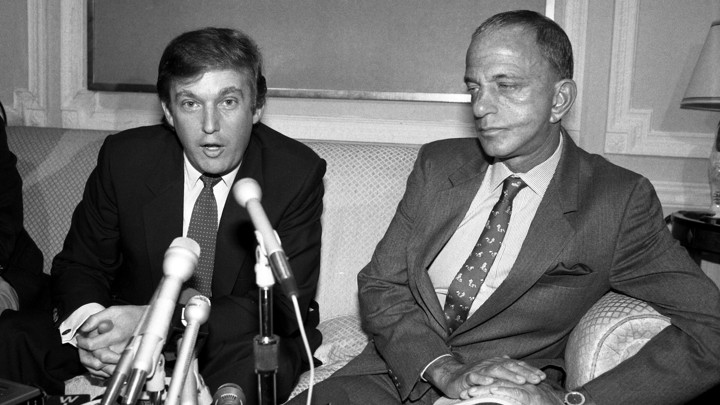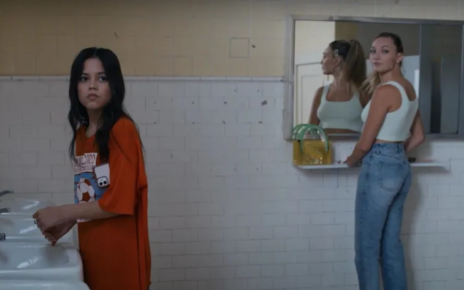When it comes to slavery, most of me is stuck on the question of why anybody would want to own anybody else. I think I’d make as crappy a slave owner as I would a slave. Clearly, part of the appeal of slave-owning is sheer power; the ability to control the lives of others – to their detriment- seems to be an aphrodisiac for a certain class of asshole [read: Trump voter]. Note to haters: Please do bring up “Cancel Culture” and cite things like Dr. Seuss and Mr. Potato Head and pretend they’re the same as owning slaves or suppressing votes. I live for false equivalencies.
This is a film about slavery, about what it means, about who engages in such and why. It is a sad reminder as to how -150+ years after the fact- there is still strong culture of Americans who would gladly embrace slavery if given the chance. But we knew that. And Trumpists can pretend all they want that they’re not racists, but when half your voters picture African-American employment as the kind that’s unpaid, suffice to say I beg to differ.
Act I of Antebellum takes place entirely on a Civil War era Louisiana plantation. It’s an especially harsh plantation; the slaves aren’t allowed to talk. At all. The female slaves are raped on a regular basis. Captured escapees are burned alive in the small crematorium. One particular slave, Eden (Janelle Monáe), is branded over a naming dispute. Eden becomes our focus at this point as the “leader” among the potential rebellion.
This is horrible, to be sure, yet darn peculiar to those with historical understanding. Several of the details seem … off: the Confederate uniforms are too omnipresent and too pristine (as are the slaves’ hair and teeth, for that matter … what, like they had slave dentists in 1863?), also – let’s face it- the slaves look good. Anybody who dared sass a “Massah” would have a perpetually torn shirt and a scarred back. This is history talking; you think slave owners treated their slaves with love and care? I think some treated slaves with a modicum of humanity which is to say allowing a few hours of sleep and the occasional decent meal meant you’d get a more productive slave, but let’s face truth – any race who sees another race as inferior enough to own and force labor upon did not “treat them well.” Don’t kid yourself. RW radio  rarely paints a fair portrait of anything these days. The point to all of this is, however, that the slaves in Antebellum don’t look as bad as they should … is that anachronistic or purposeful?
rarely paints a fair portrait of anything these days. The point to all of this is, however, that the slaves in Antebellum don’t look as bad as they should … is that anachronistic or purposeful?
Antebellum ranks as one of the most difficult films to review because the film changes dramatically after Act I … but I can’t tell you about that because not only is it a surprise; it’s the best part of the film, which means even hinting at it approaches unforgivable spoiler territory. In fact, one might argue that the transition is the only redeeming part of the picture, as the action is cringe-worthy and the choices made by several characters prove maddening. So I’m stuck talking about Act I which I found frustrating on a number of counts, not just that the set-up is one-sided, but that the act feels entirely like prologue, which it is. So how do you fairly talk about a whole film that changes dramatically 30 minutes in and you can’t discuss the hour that follows? You don’t.
So how would I recommend this film? I can’t. The best I can do is tell you that those with a taste for either slave rebellion or altered realities might find Antebellum appealing and the kind of people who believe we were better off living in a past era probably will not.
America has a sad legacy of slavery
Folks were abused from birth to their gravery
Hand-in-hand is history deleted
Pretending slaves weren’t mistreated
Now that takes a real kind of “bravery”
Rated R, 105 Minutes
Director: Gerard Bush, Christopher Renz
Writer: Gerard Bush, Christopher Renz
Genre: Well this ain’t right
Type of being most likely to enjoy this film: People that watch Jordan Peele films for fun
Type of being least likely to enjoy this film: “Slavery wasn’t that bad”



